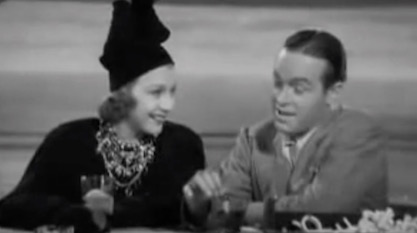 Neuroscience & Mind
Neuroscience & Mind
Thanks for the Memory

Protein chemist Doug Axe responds in characteristically incisive fashion to a typical silly instance of science reporting, pointing out what should have been obvious even to a Huffington Post writer:
Uh.. making a protein thought to be involved in memory isn’t the same thing as making memories.https://t.co/xl2SoMVIaV via @HuffPostScience
— Douglas Axe (@DougAxe) September 6, 2017
What’s more, as neuroscientist Michael Egnor has explained here in the past, the idea of a memory being “stored” in the brain is fundamentally a contradiction:
The fact is that the brain doesn’t store memories, and can’t store memories.
It has been known for the better part of a century that certain structures in the brain are associated with memory. The amygdala and the hippocampus in the temporal lobe, and some adjacent cortical regions, have been shown to be associated with the act of remembering in animals and humans. The research is fascinating and important, and in my own work as a neurosurgeon I have to be aware of these regions (especially the hippocampus and the fornix and mammillary bodies, to which the hippocampus projects). During surgery, injury to these critical structures (if bilateral) can leave a patient incapable of forming new memories, which is a crippling disability.
But these physiological facts do not imply that the brain stores memories in the hippocampus or amygdala or elsewhere. How so?
It’s helpful to begin by considering what memory is — memory is retained knowledge. Knowledge is the set of true propositions. Note that neither memory nor knowledge nor propositions are inherently physical. They are psychological entities, not physical things. Certainly memories aren’t little packets of protein or lipid stuffed into a handy gyrus, ready for retrieval when needed for the math quiz.
The brain is a physical thing. A memory is a psychological thing. A psychological thing obviously can’t be “stored” in the same way a physical thing can. It’s not clear how the term “store” could even apply to a psychological thing.
Read the rest of Egnor’s piece, “Recalling Nana’s Face: Does Your Brain Store Memories?“, and a follow-up, “Do Perceptions Happen in Your Brain?”
When you’re done, while there’s no special relevance to proteins or the biology behind memory formation, do yourself a favor and watch Bob Hope and Shirley Ross singing “Thanks for the Memory,” from The Big Broadcast of 1938, which is almost unbearably wonderful.
